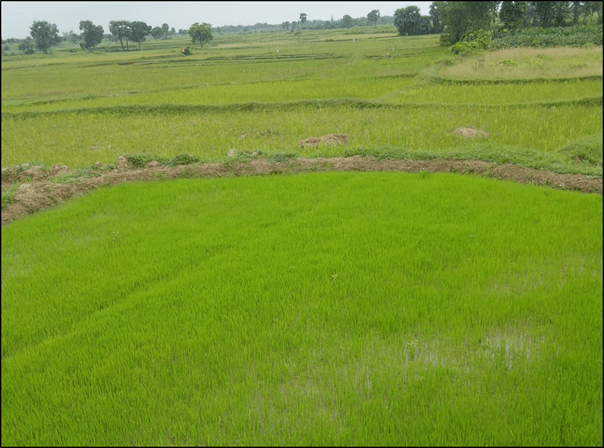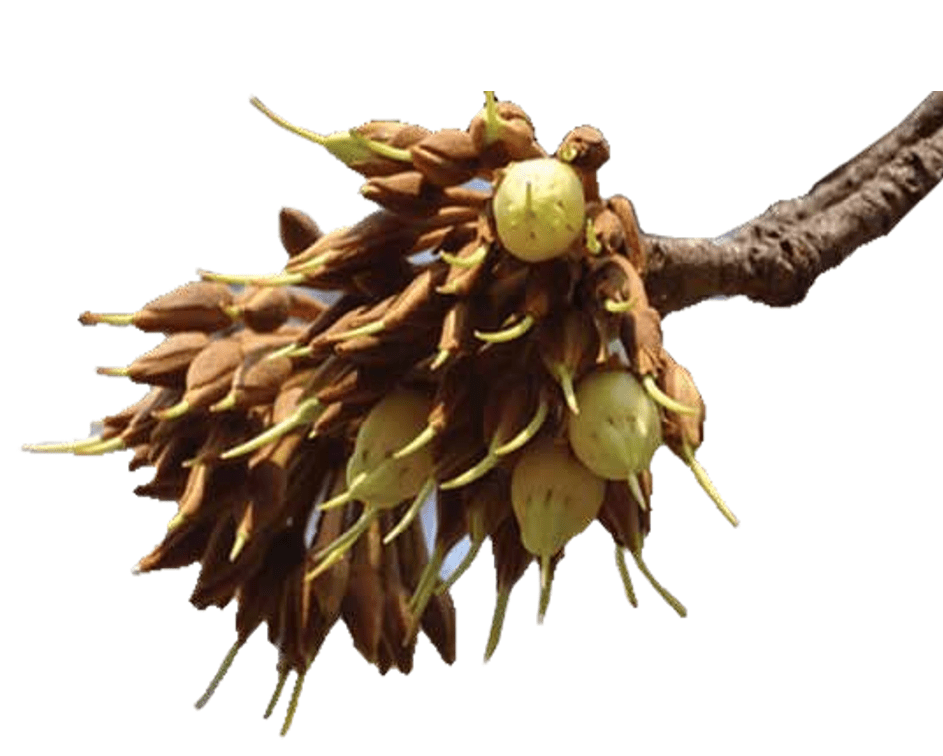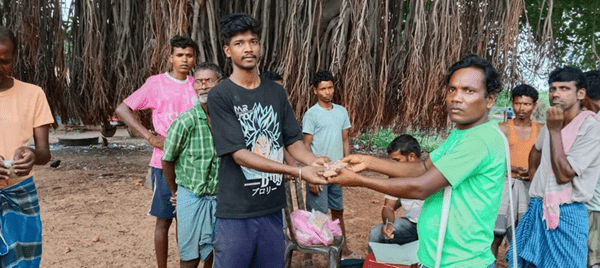
At Eco Tribe Foundation, our mission is rooted in the revival and promotion of sustainable agricultural practices. One of our key initiatives focuses on the multiplication and distribution of indigenous seed varieties—an effort that not only preserves traditional biodiversity but also empowers tribal communities to become stewards of their agricultural heritage.
Over time, we have carefully collected a diverse range of traditional seed varieties from various agro-climatic zones across India. These seeds, adapted to local conditions and requiring minimal external input, are now being multiplied and prepared for wide-scale distribution among tribal farmers.
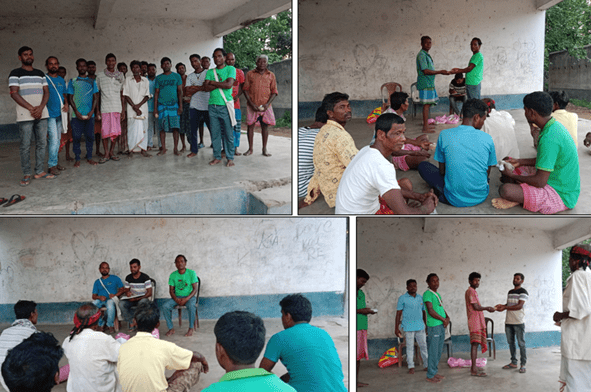
As the Kharif season 2025 begins, our field team, particularly 3 farmer coordinators in Md. Bazar Block of Birbhum district, West Bengal, have taken significant steps in this direction. They have successfully distributed a variety of indigenous rice seeds to over 60 tribal farmers across several villages. The goal is to enable these farmers to cultivate and multiply the seeds, ensuring a robust supply for future seasons.
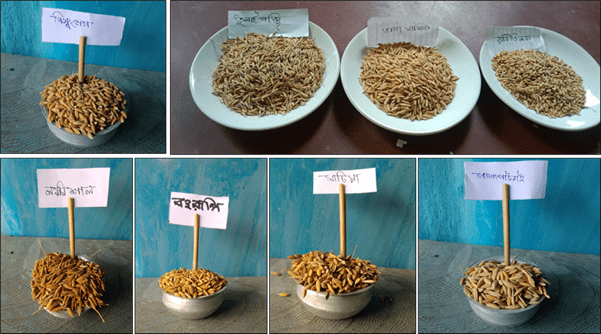
Here are some of the names of indigenous seed varieties distributed:
- Bhashamanik
- Rabitilak
- Lakkhishal
- Bahurupi
- Gangapatnai
- Bishnubhog
- Tulaipanji
- Satheya
In addition to rice, farmers have also received traditional vegetable varieties such as ridge gourd, chili, and brinjal, provided either as seeds or saplings. These native crops are now being sown, marking the beginning of a new cycle of ecological farming practices in the region.
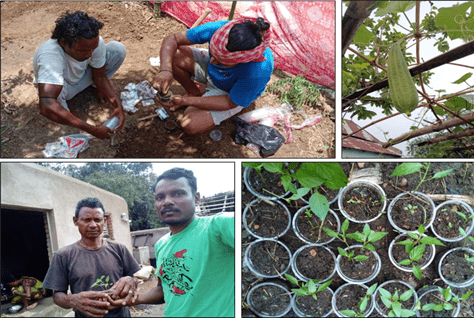
By the end of this season, we expect to harvest a substantial quantity of seeds, which will pave the way for future expansion across various regions of West Bengal. This grassroots effort not only enhances local food sovereignty but also contributes to the larger vision of climate-resilient, chemical-free agriculture
